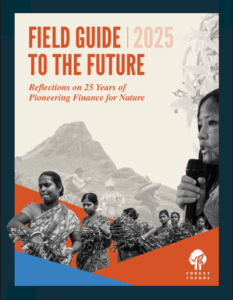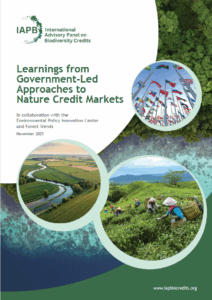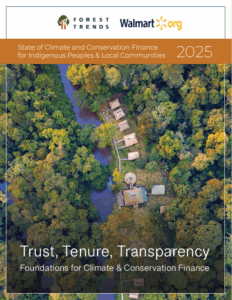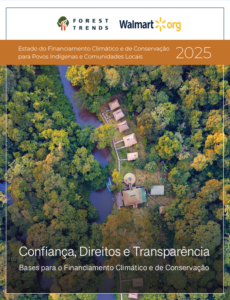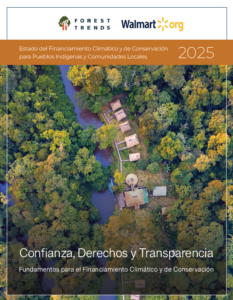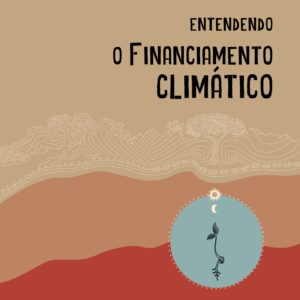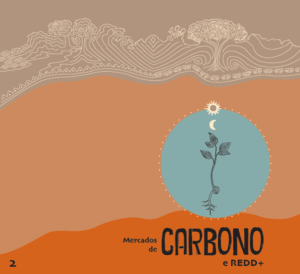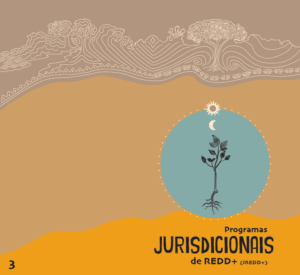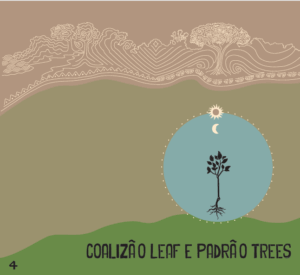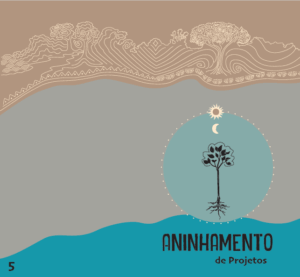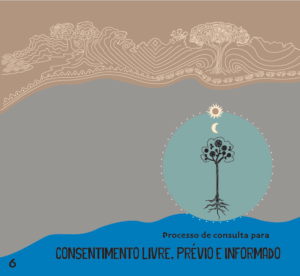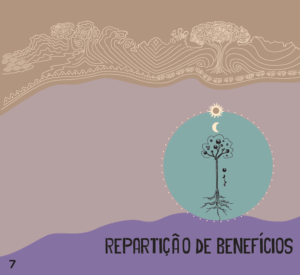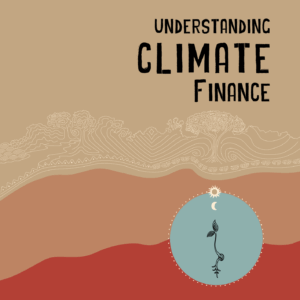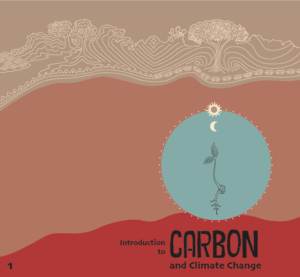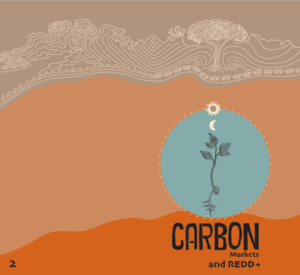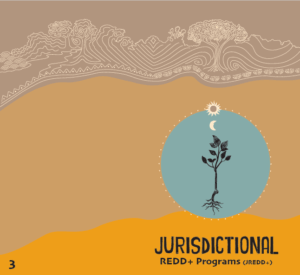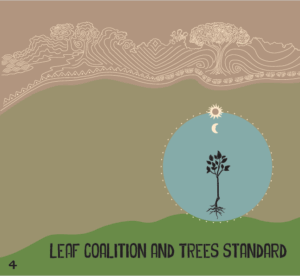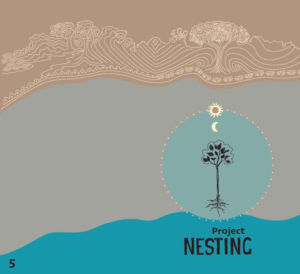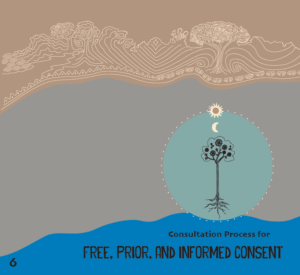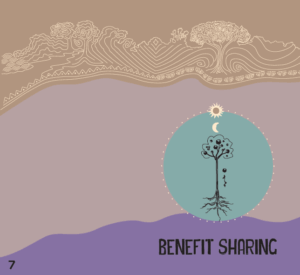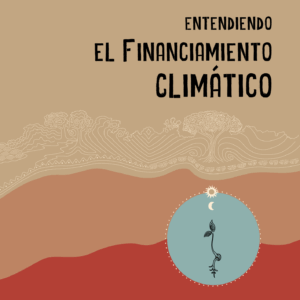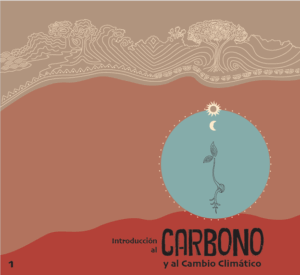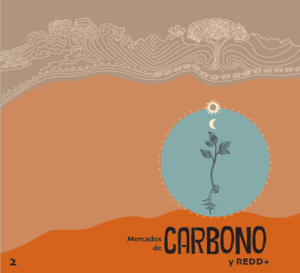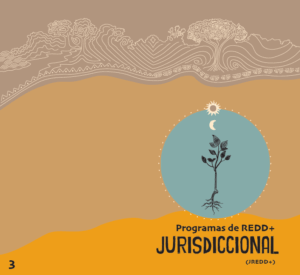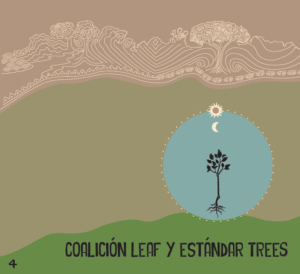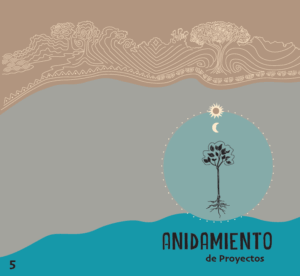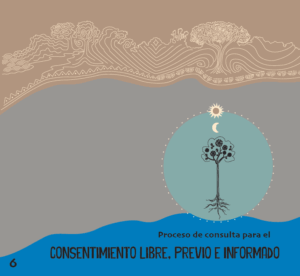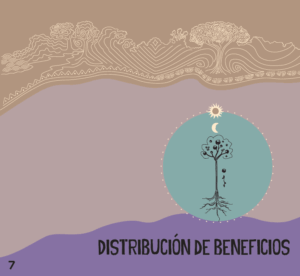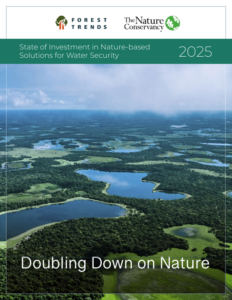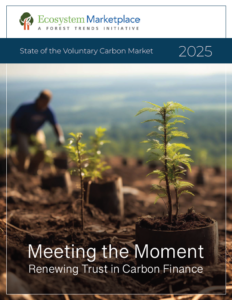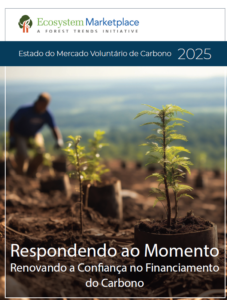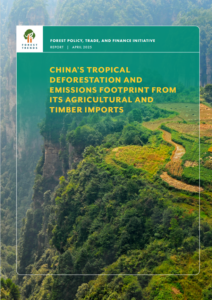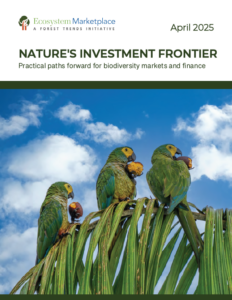Forest Trends Impact Report 2025
Field Guide to the Future: Reflections on 25 Years of Pioneering Finance for Nature
This year, Forest Trends celebrates 25 years of turning bold ideas into measurable impact. What began as a radical belief that we could re-engineer markets to help protect nature has grown into a global movement aligning finance, policy, and community action. Our 2025 Impact Report, Field Guide to the Future, looks at where we’ve been, […]
Learnings from Government-Led Approaches to Nature Credit Markets
The Kunming-Montreal Global Biodiversity Framework (GBF) sets out humanity’s vision to halt and reverse nature loss, a key component of which is the need to mobilise greater funding to close the biodiversity finance gap. The GBF emphasises the need for a range of financial instruments to be deployed in order to accelerate the transition to […]
State of Climate and Conservation Finance for Indigenous Peoples & Local Communities Report
Trust, Tenure, Transparency: Foundations for More Equitable Climate & Conservation Finance
By Arthur Blundell, Emily Harwell, Beto Borges, Debora Batista, Melissa PanholIndigenous Peoples and Local Communities (IPs & LCs) are recognized as the most effective stewards of forests and biodiversity, yet they continue to receive only a fraction of the funding that is meant to protect these ecosystems. This gap is more than a matter of fairness. It undermines the effectiveness of climate action, biodiversity conservation, […]
Dependent Documents
Estado do Financiamento Climático e de Conservação para Povos Indígenas e Comunidades Locais
Confiança, Direitos e Transparência: Bases para o Financiamento Climático e de Conservação
By Arthur Blundell, Emily Harwell, Beto Borges, Debora Batista, Melissa PanholEstado del Financiamiento Climático y de Conservación para Pueblos Indígenas y Comunidades Locales
Confianza, Derechos y Transparencia: Fundamentos para el Financiamiento Climático y de Conservación
By Arthur Blundell, Emily Harwell, Beto Borges, Debora Batista, Melissa PanholEmail Signup
Subscribe to any of Forest Trends’ mailing lists to keep up with the news, publications, and events that interest you.
Having Trouble?
If you experience any technical difficulties on our site, please contact Genevieve Bennett, Communications Manager.
Entendendo o Financiamento Climático
Por Pablo Pacheco and Melissa PanholA Iniciativa Comunidades e Governança Territorial da Forest Trends lançou a série de cartilhas educativas Entendendo o Financiamento Climático, projetada para tornar conceitos complexos de finanças climáticas mais acessíveis com foco em oportunidades e desafios para Povos Indígenas, Populações e Comunidades Locais (PIPCTs), além de fornecer exemplos reais para ilustrar como esses mecanismos funcionam na prática. A[…]
Dependent Documents
Introdução ao Carbono e à Mudança do Clima
Por Pablo Pacheco e Melissa PanholMercados de Carbono e REDD+
Por Pablo Pacheco e Melissa PanholProgramas Jurisdicionais de REDD+
Por Pablo Pacheco e Melissa PanholCoalizão LEAF e Padrão TREES
Por Pablo Pacheco e Melissa PanholAninhamento de Projetos
Por Pablo Pacheco e Melissa PanholProcesso de consulta para Consentimento Livre, Prévio e Informado
Por Pablo Pacheco e Melissa PanholRepartição de Benefícios
Por Pablo Pacheco e Melissa PanholUnderstanding Climate Finance
By Pablo Pacheco and Melissa PanholForest Trends’ Communities and Territorial Governance Initiative has launched Understanding Climate Finance, a new series of educational brochures designed to make complex climate finance concepts more accessible. It focuses on opportunities and challenges for Indigenous Peoples (IPs) and Local Communities (LCs), while providing real-world examples to illustrate how these mechanisms work in practice. The series offers[…]
Dependent Documents
Introduction to Carbon and Climate Change
By Pablo Pacheco and Melissa PanholCarbon Markets and REDD+
By Pablo Pacheco and Melissa PanholJurisdictional REDD+ Programs (JREDD+)
By Pablo Pacheco and Melissa PanholLEAF Coalition and TREES Standard
By Pablo Pacheco and Melissa PanholProject Nesting
By Pablo Pacheco and Melissa PanholConsultation Process for Free, Prior, and Informed Consent
By Pablo Pacheco and Melissa PanholBenefit Sharing
By Pablo Pacheco and Melissa PanholEntendiendo el Financiamiento Climático
Por Pablo Pacheco y Melissa PanholLa Iniciativa Comunidades y Gobernanza Territorial de Forest Trends ha lanzado Entendiendo el Financiamiento Climático, una nueva serie de folletos educativos diseñados para que los conceptos complejos de las finanzas climáticas sean más accesibles, con enfoque en las oportunidades y los desafíos para los Pueblos Indígenas (PI) y las Comunidades Locales (CL) y proporciona ejemplos reales[…]
Dependent Documents
Introducción al Carbono y al Cambio Climático
Por Pablo Pacheco y Melissa PanholMercados de Carbono y REDD+
Por Pablo Pacheco y Melissa PanholProgramas REDD+ Jurisdiccionales (JREDD+)
Por Pablo Pacheco y Melissa PanholCoalición LEAF y Estándar TREES
Por Pablo Pacheco y Melissa PanholAnidamiento de Proyectos
Por Pablo Pacheco y Melissa PanholProceso de consulta para el Consentimiento Libre, Previo e Informado
Por Pablo Pacheco y Melissa PanholDistribución de Beneficios
Por Pablo Pacheco y Melissa PanholDoubling Down on Nature
The State of Investment in Nature-based Solutions for Water Security, 2025
By Mia Sakura Smith, Gena Gammie, Jinsui Song, Brooke Atwell, Daniel Shemie, Michael Bennett, Jose Cuadros Adriazola, Inca Juliet Joubert, and Paola TanguyWater is everywhere in our lives: not just in what we drink or use to grow food, but in data centers, cooling systems, energy grids, sanitation, and manufacturing. It powers our economies and our everyday routines. And in much of the world, water is also the face of climate change. We see it in intensifying[…]
2025 State of the Voluntary Carbon Market
Meeting the Moment: Renewing Trust in Carbon Finance
By Alex ProctonOver the 20-year history of Ecosystem Marketplace (EM), we have seen carbon markets grow from a nascent idea into a mechanism with the potential to seriously mitigate global warming. Our annual State of the Voluntary Carbon Market (SOVCM) provides a comprehensive overview of this global supply and demand of voluntary carbon credits. In this year’s […]
Dependent Documents
Estado do Mercado Voluntário de Carbono em 2025
Respondendo ao Momento: Renovando a Confiança no Financiamento do Carbono
By Alex ProctonChina’s Tropical Deforestation and Emissions Footprint From Its Agricultural and Timber Imports
By The Forest Policy, Trade, and Finance InitiativeChina’s strong domestic forest conservation policies have ensured its national forests are making a major contribution to global afforestation and reforestation efforts, as well as internal climate goals. However, there has been no official mention of emissions and deforestation linked to China’s timber and agricultural imports (known as “embedded emissions”). This is despite China being […]
Nature’s investment frontier
Practical paths forward for biodiversity markets and finance
By Ricardo Bayon, Charles Bedford, Genevieve Bennett, Adam Davis, Ben Guillon, Katherine Hamilton, Michael Jenkins, Dr. Timothy Male, Martine Maron, Julia McCarthy, Yuejia Peng, Fabien Quétier, Mariana Sarmiento, Ryan Sarsfield, David Tepper, and Amrei von HaseBiodiversity-based investment themes are suddenly in the spotlight, after years of feeling like a bit of an understudy to the carbon market. Given a ballooning finance gap for nature, and the obvious materiality of nature risk to business, there is renewed interest in economic instruments that can drive private investment toward interventions to avert biodiversity […]

